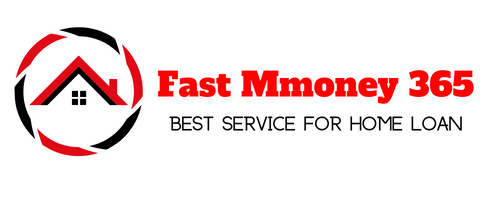Introduction
In today’s fast-paced real estate market, many aspiring homeowners are seeking alternative paths to secure their dream homes. Enter low doc home loans, a financing option that has gained popularity among self-employed individuals, freelancers, and those with non-traditional income streams.
These loans offer a streamlined application process and reduced documentation requirements, potentially opening doors to homeownership that might otherwise remain closed. However, as with any financial product, it’s crucial to understand both the advantages and potential pitfalls of no doc home loans before taking the plunge.
The Appeal of Simplified Documentation
Low doc home loans, as the name suggests, require less paperwork than traditional mortgages. This can be a significant advantage for borrowers who may struggle to provide extensive income documentation. Self-employed individuals, for instance, often face challenges when applying for conventional loans due to fluctuating income or complex tax situations. With low doc loans, lenders may accept alternative forms of income verification, such as bank statements or business activity statements, rather than demanding years of tax returns and financial statements.
Higher Interest Rates: The Trade-off for Convenience
While low doc home loans offer easier access to financing, this convenience comes at a cost. Lenders typically view these loans as higher risk due to the reduced documentation and income verification. As a result, interest rates on no doc home loans are generally higher than those of traditional mortgages. Borrowers should carefully consider whether the long-term cost of higher interest payments outweighs the short-term benefits of easier qualification and faster approval.
Navigating the World of Low Doc Home Loans
For those considering a low doc home loan, it’s essential to approach the process with caution and thorough research. Start by comparing offers from multiple lenders, as terms and conditions can vary significantly. Pay close attention to interest rates, fees, and loan features such as offset accounts or redraw facilities. Additionally, consider seeking advice from a mortgage broker who specializes in low doc loans, as they can provide valuable insights and potentially access a wider range of loan products.
Potential Pitfalls and Stricter Terms
While low doc home loans can provide a path to homeownership for many, they often come with stricter terms and conditions. Lenders may require larger down payments, sometimes up to 20% or more of the property’s value. Loan-to-value ratios (LVR) are typically lower than those of traditional mortgages, limiting the amount you can borrow relative to the property’s value. Furthermore, some lenders may impose restrictions on property types or locations, narrowing your options in the real estate market.
Building a Strong Application
To improve your chances of approval and potentially secure better terms on a low doc home loan, focus on strengthening other aspects of your application. Maintain a high credit score by paying bills on time and managing existing debts responsibly. Save for a substantial down payment, as this can demonstrate financial stability and reduce the lender’s risk. If possible, consider offering additional security, such as other properties or assets, to bolster your application and potentially negotiate more favorable terms.
Conclusion:
No doc home loans can indeed provide a fast track to homeownership for those who might otherwise struggle to qualify for traditional mortgages. However, it’s crucial to approach these loans with a clear understanding of both their benefits and potential drawbacks. While the simplified documentation process can be appealing, borrowers must carefully weigh this convenience against higher interest rates and stricter loan terms.
By thoroughly researching options, seeking professional advice, and preparing a strong application, prospective homeowners can make informed decisions about whether a low doc home loan is the right path to achieving their property ownership goals. Remember, the key to successfully navigating the world of low doc home loans lies in reading the fine print and ensuring that the long-term financial implications align with your overall homeownership aspirations.…








